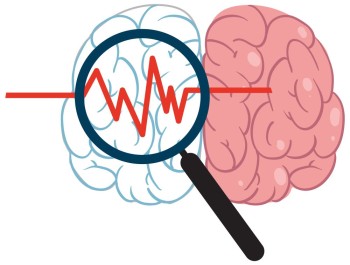
₹5,250
₹7,500
Magnetic Resonance Angiography (MRA) of the brain is an advanced imaging technique that provides detailed visualization of the blood vessels in the brain.
Category:
MRI Scan



